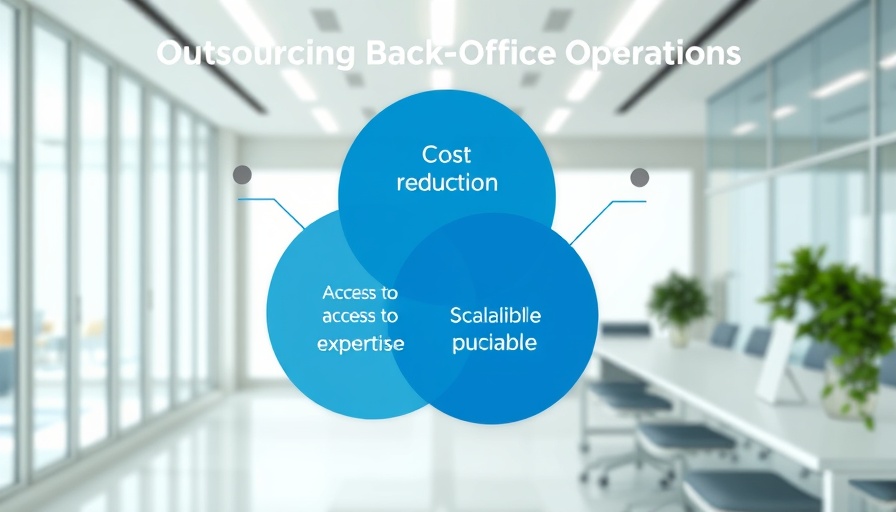
The Truth About Offshore Software Development in 2025: Myths vs. Facts
As we look forward to 2025, the landscape of offshore software development is rapidly evolving with significant opportunities for businesses. However, many myths surround this strategy, leading to misconceptions that can deter organizations from tapping into its immense potential. In this article, we’ll disentangle fact from fiction to offer a clearer perspective on offshore software development’s viability, benefits, and challenges.
Understanding Offshore Software Development
Offshore software development involves the outsourcing of software projects to teams in countries that are often geographically distant. This model opens doors to a global talent pool while providing cost-effective solutions and strategic scalability.
Debunking Common Offshore Development Myths
One common myth is that offshore development compromises quality. In reality, many offshore teams excel in skill and craftsmanship. As noted by industry experts, countries like India and Ukraine are home to highly educated developers, equipped to meet evolving technological needs. Furthermore, advancements in collaboration tools have minimized geographic barriers, enabling seamless communication and project management.
The Accelerating Growth of Offshore Development
The offshore software development industry had a market value of approximately $160.9 billion in 2024, expected to reach $413 billion by 2033. This growth reflects businesses’ increasing reliance on flexible development solutions to enhance operational efficiency. With economic pressures pushing firms to streamline their costs, the offshore model is more appealing than ever, providing not only cost savings but also access to specialized skills in fields like AI and blockchain.
Key Trends Driving Offshore Development in 2025
As businesses continue to embrace digital transformation, several key trends are shaping the offshore development landscape:
1. Hybrid Development Models
A growing trend is the hybrid model of development, which blends in-house teams with offshore teams. This model maintains local oversight while allowing organizations to harness cost-effective solutions from offshore providers. As detailed in industry reports, this approach not only provides agility but can accelerate time-to-market for new products.
2. Focus on Niche Expertise
The increasing demand for niche skills—particularly in areas like cloud computing and security—means businesses are turning to offshore centers that specialize in these domains. The growth of specialized offshore development centers will allow organizations to remain competitive in rapidly evolving industries.
3. Enhanced Data Security Protocols
With stringent data privacy regulations like GDPR, offshore development companies are prioritizing robust data security measures. Adopting security frameworks will ensure compliance, thereby building trust with potential clients, as companies increasingly handle sensitive data across borders.
4. Advancements in AI and Automation
Integrating AI tools is transforming offshore operations, enabling automation of mundane tasks and facilitating better quality assurance. This evolution not only enhances efficiency but also allows developers to focus on innovation rather than repetitive processes.
5. Long-Term Partnerships Over Transactions
Companies are shifting their focus towards forging long-term partnerships with offshore teams, which promote collaboration and trust as opposed to one-off contracts. Such relationships lead to improved communication, consistent results, and deeper alignment with business objectives.
Practical Tips for Successful Offshore Collaboration
To make the most out of offshore development partnerships, businesses can follow these actionable insights:
- Define Clear Objectives: Establish goals and expectations upfront to align both teams on deliverables.
- Vet Potential Partners: Thoroughly evaluate portfolios and client testimonials to ensure the offshore team matches your project needs.
- Utilize Effective Communication Tools: Leverage tools like Slack and Jira to facilitate efficient collaboration and project management.
- Security Protocols: Ensure compliance with data protection regulations through stringent NDAs and robust cybersecurity measures.
- Start with a Pilot Project: Conduct a small pilot project to assess the partnership before committing to long-term engagements.
Conclusion: Embracing the Future of Offshore Software Development
As we approach 2025, the discourse around offshore software development will shift with continuing innovations and changing market dynamics. By understanding the realities and dispelling the myths surrounding offshore development, companies can leverage this strategy to fuel growth, drive innovation, and stay competitive in a global marketplace. As a strategic approach, offshore development remains indispensable for businesses looking to optimize resources while accessing top-tier talent worldwide. So, are you ready to consider offshore development for your next project? Reach out today to explore how this model can elevate your business goals.
15 Views
0 Comments
 Add Row
Add Row  Add
Add 




Write A Comment